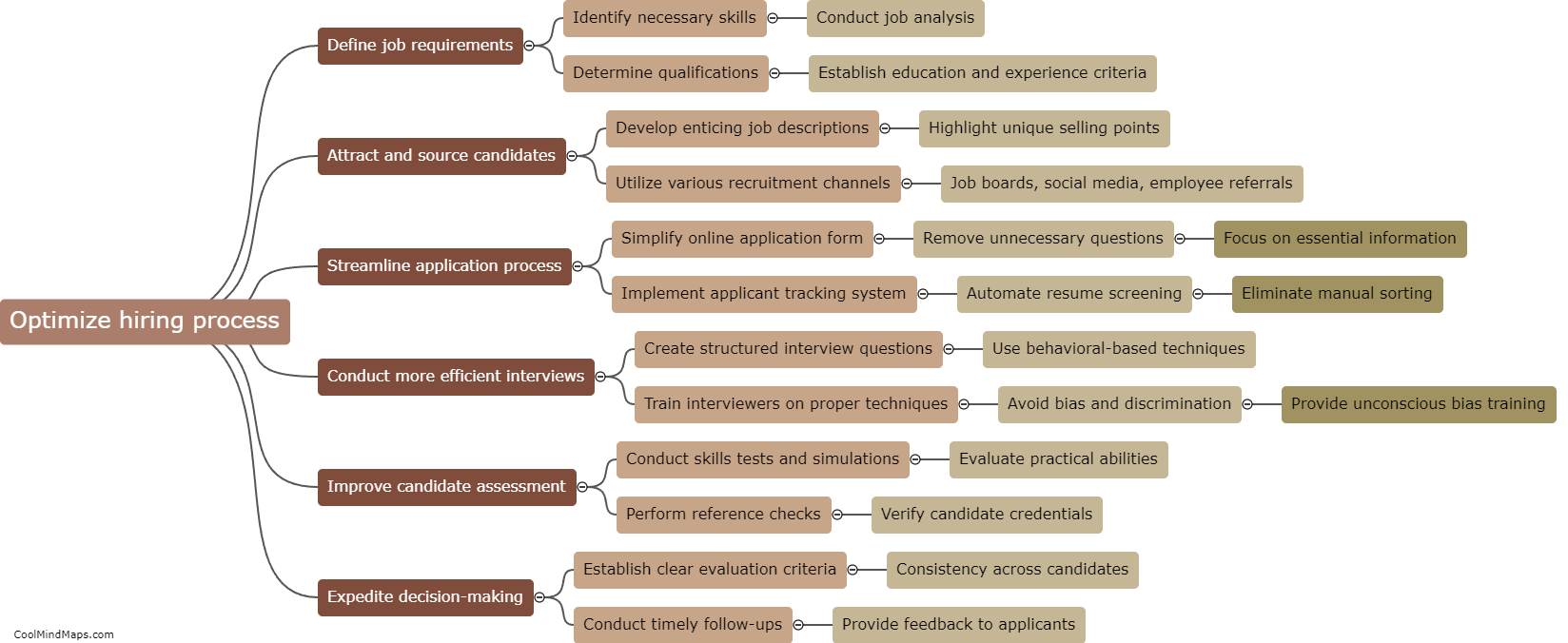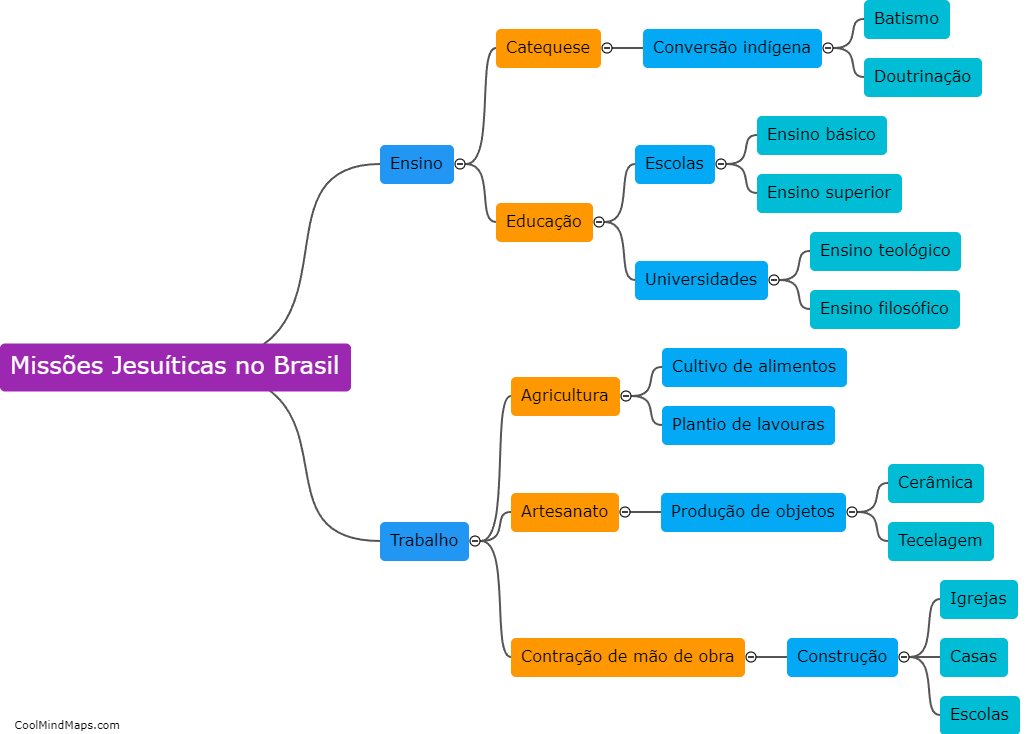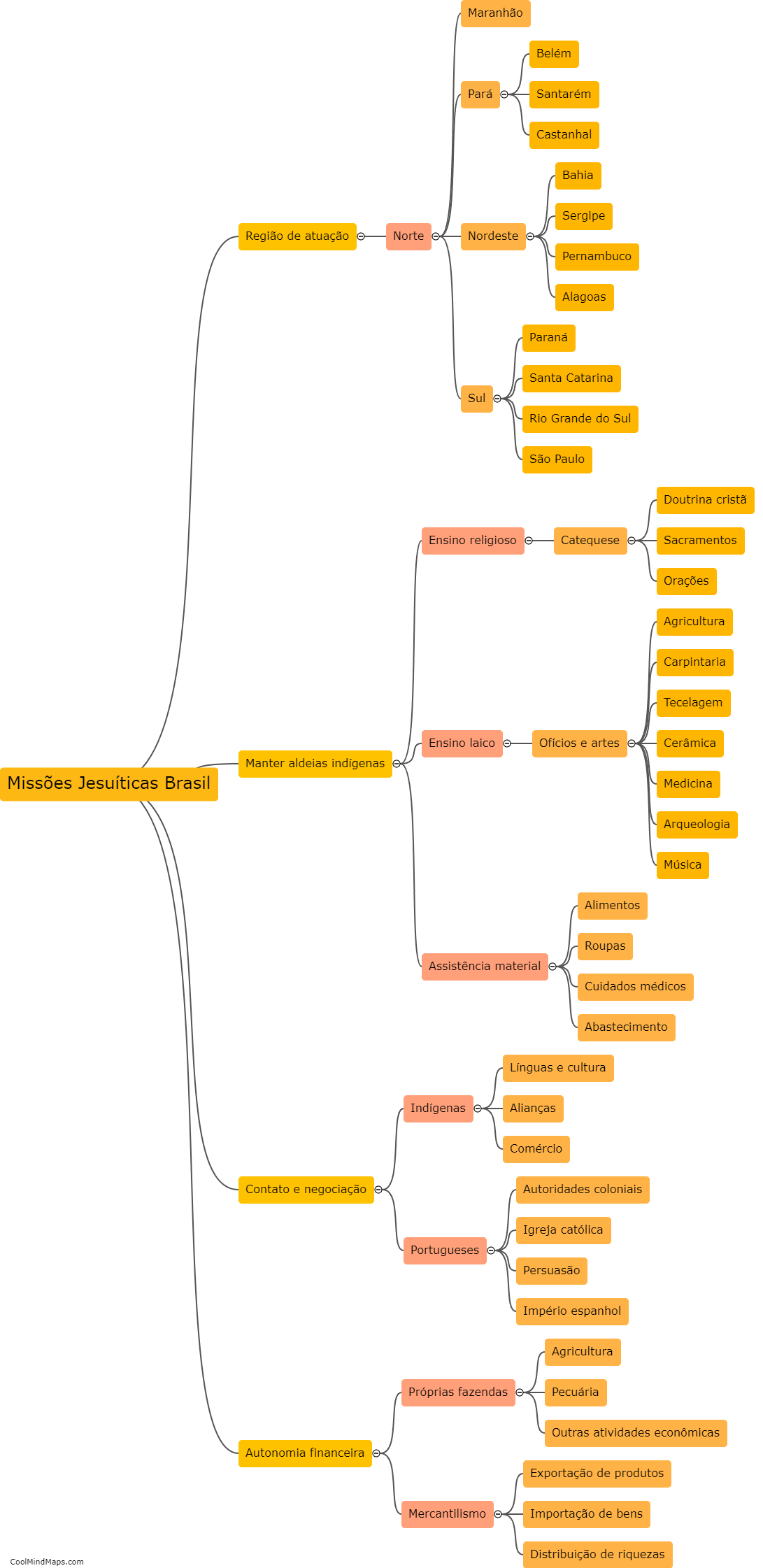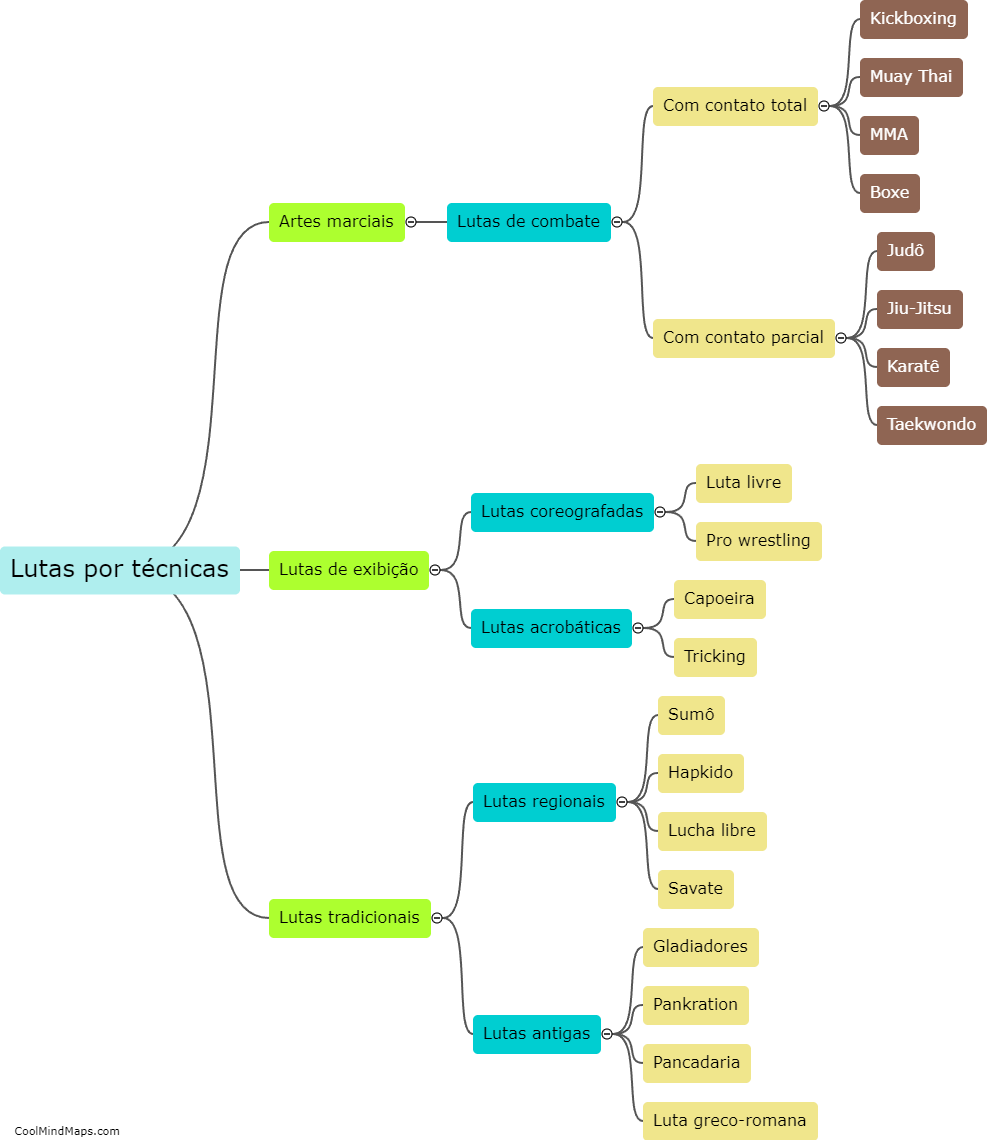What is oxidative phosphorylation?
Oxidative phosphorylation is a crucial metabolic process that occurs in the mitochondria of eukaryotic cells. It involves the conversion of energy stored in acetyl-CoA molecules, derived from carbohydrates, fats, and proteins, into adenosine triphosphate (ATP). This process takes place through a series of chemical reactions that occur along the electron transport chain, utilizing energy-rich electrons from NADH and FADH2 molecules. As these electrons flow through the electron transport chain, they create a proton gradient across the inner mitochondrial membrane. This gradient is then used by ATP synthase to drive the synthesis of ATP from adenosine diphosphate (ADP) and inorganic phosphate (Pi). Overall, oxidative phosphorylation plays a vital role in cellular respiration, providing the majority of ATP needed for various cellular processes.

This mind map was published on 4 August 2023 and has been viewed 117 times.











